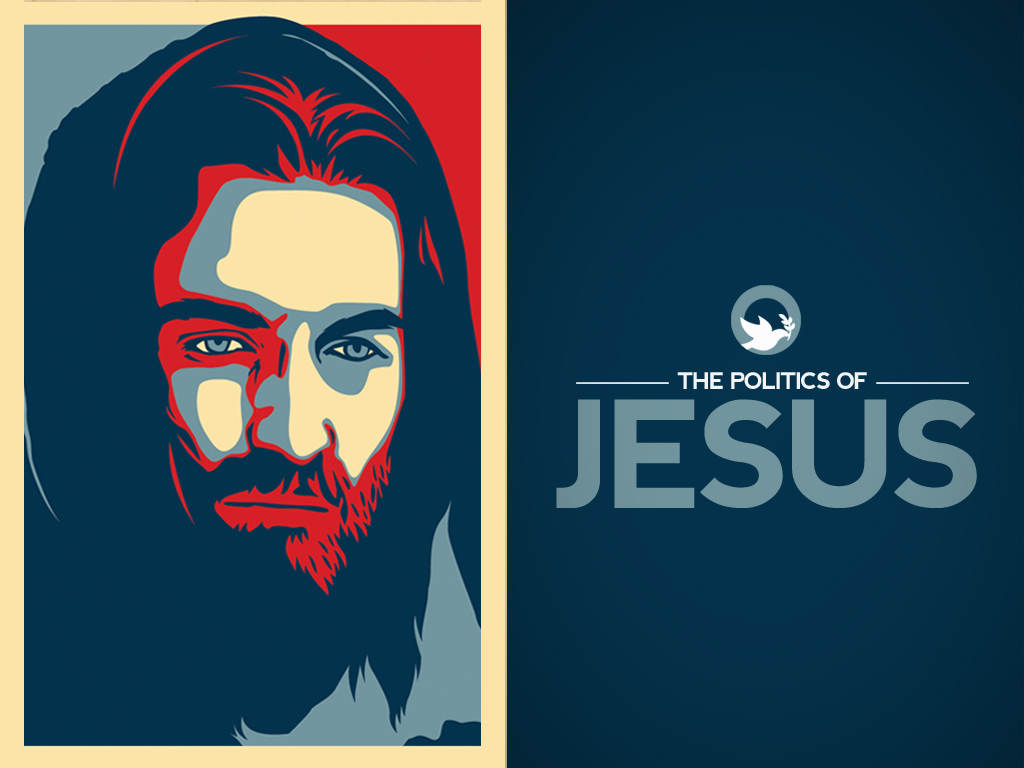 In a class today exploring the ministry of Jesus and his kingdom-practice, I called upon R. T. France to say that Jesus was not a political activist, and that his kingdom is not an earthly-political system. The statement understandably raised questions. France characterises the kingdom of God as ‘divine government,’ and suggests that the coming of Jesus is tantamount to declaring, “The revolution is here!” Yet it is a peculiar kind of revolution:
In a class today exploring the ministry of Jesus and his kingdom-practice, I called upon R. T. France to say that Jesus was not a political activist, and that his kingdom is not an earthly-political system. The statement understandably raised questions. France characterises the kingdom of God as ‘divine government,’ and suggests that the coming of Jesus is tantamount to declaring, “The revolution is here!” Yet it is a peculiar kind of revolution:
God’s kingship will involve the overthrow of many aspects of the status quo, but it is remarkable that among those powers and values which it will challenge Jesus seems to have little interest in that aspect of the current situation which for many of his hearers was primary, the fact of Roman imperial government.[1]
More fundamental than political revolution is the spiritual revolution Jesus instituted as the ‘stronger man’ who overthrows the kingdom of Satan. In this view salvation is exorcism, the liberation of men and women from oppressive and dehumanising spiritual powers.
So a revolution against the rule of Satan is going to involve a revolution in the thinking of those who wish to come instead under God’s kingship. Their minds need to be liberated from Satan’s control. … And it is that sort of revolution, the overturning of accepted human attitudes and values, which Mark’s Gospel is designed to promote. … To follow Jesus demanded a complete reorientation.[2]
To say this, however, is not at all to suggest that Jesus’ message is apolitical in its implications. To the contrary, his message of the kingdom of God is deeply subversive with respect to the present ordering of life in the world. The community of God’s people would live in ways which challenge the false values and false gods of the surrounding culture. This, though, is different to direct political action. It is no doubt true that some are called to participate in direct political activity, especially in a liberal democracy. It is likewise true that genuine care for the vulnerable members of society may necessitate at times, direct intercession on their behalf to those who hold positions of power. It may even call for costly opposition to those in power because we choose to stand with the vulnerable.
Jesus, though, neither taught nor modelled direct political action. He did, however, call his followers to a primary allegiance which trumps all other allegiances. He did, however, model redemptive engagement with those who suffer, were outsiders, lowly or despised. He did command that we love our neighbour as ourselves. He did exemplify and commend the ways of peace. He did command that we neither value or pursue those things so highly valued in the world. Not so among you!
The temptation to have and exercise power is ever with us, for it seems that those who hold the levers of power are able to accomplish so much in the world. Nevertheless, it also seems that whenever the church has gained political power it has not gone well. Might it be that whenever we become enamoured with gaining, holding and exercising political power we betray our loss of confidence in the spirit and power of the gospel?
[1] R. T. France, Divine Government: God’s Kingship in the Gospel of Mark (Homebush West: Lanzer, 1990), 46.
[2] Ibid., 48.